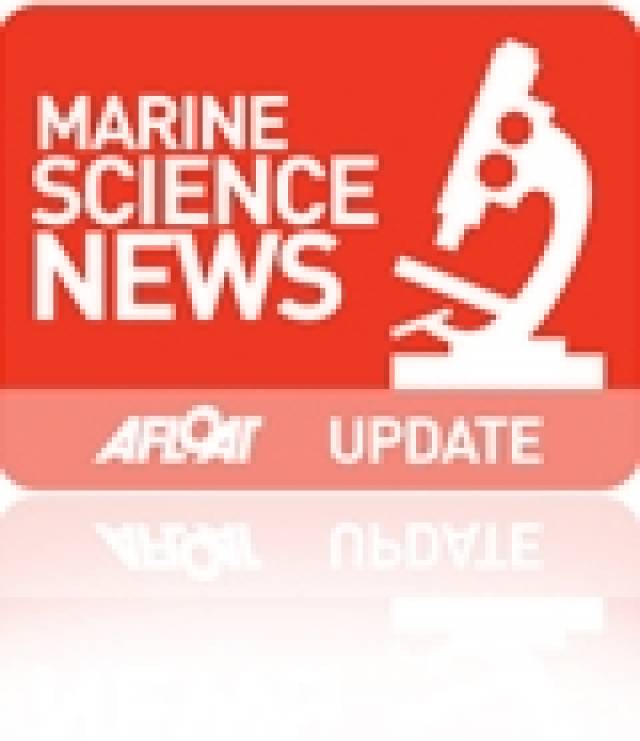#MarineScience - The final report for Biological Effects and Chemical Measurements in Irish Marine Waters has just been published after four years of collaborative research led by Trinity College Dublin in partnership with the Marine Institute, Shannon Aquatic Toxicity Laboratory (Enterprise Ireland) and Dublin Institute of Technology.
The marine environment is affected by a complex mixture of man-made and naturally-occurring substances derived from a variety of sources such as shipping, sewage or industrial discharges or through accidental or historic spills of hazardous substances.
“Current monitoring and assessment of the pollution status of the marine environment in Ireland is mainly reliant on chemical measurements of contaminants in sediments, water and in 'bio-indicator' species," said Prof Jim Wilson of TCD.
"The success of this pilot project is that it reports the first major Irish study that examined both pollutant levels in the coastal environment while concurrently assessing the potential for biological-based effects on organisms exposed to these often hazardous substances."
Drawing on diverse expertise provided by a number of Government and academic research institutions, the study completed testing of a variety of chemical and biological-based monitoring tools in diverse coastal locations in Dublin, Wexford, Cork, Kerry, Clare and Galway.
The project confirmed that Irish coastal water quality is generally good, with the most elevated pollutant levels detected typically at more populated locations subject to greater impacts and pressures.
Lower pollutant levels were generally evident in less populated areas where diffuse pollution rather than local sources are of greater relevance.
In isolation, chemical measurement studies do not always explain the potential of the pressures that affect the ecosystem as a whole. The findings of this report note that using a suite of biological effects as part of an integrated approach to support chemical measurements gives a better overview of the health of our marine ecosystem.
For example, chemical compounds and mixtures present in the environment in combination with natural changes in the ocean, such as salinity or temperature, can all work in synergy or against each other to elicit diverse effects on the marine environment and on resident marine species.
“Individual pollutants or a mix of chemicals can cause metabolic disorders, increases in diseases becoming more common, as well as having an adverse effect on population growth and on species reproduction potential," said Dr Michelle Giltrap of TCD.
"An example of this is the reproductive effects on dog whelks, which were affected by the legacy of exposure to the biocide Tributyltin (TBT). TBT was widely used as an effective antifoulant on the hulls of ships and boats to prevent growth of aquatic organisms. Although use of TBT has been phased out internationally, the effects are still evident, but have been diminishing over time."
Dr Brian Donlon, who manages the Environmental Protection Agency's Research Programme, said “ongoing international commitments under the Marine Strategy Framework Directive require that member states monitor pollution in their marine waters by assessing both the level of chemical contamination and the effects of this contamination on organisms.
"Continued research and monitoring is required in order to further develop the dedicated chemical measurement and ecotoxicological response datasets.”
Dr Brendan McHugh of the Marine Institute added: “Integrated biological effects and chemical monitoring, including use of the novel tools, offer the potential for a more ecologically oriented approach to pollution monitoring and for further enhancing and supporting management actions in maintaining a sustainable marine environment."
The full report is available HERE on the Marine Institute’s Open Access Repository. The research project and was carried out under the Sea Change Strategy and the Marine Sub-Programme of the National Development Plan 2007-2013, and was jointly funded by the EPA and the Marine Institute.

































































